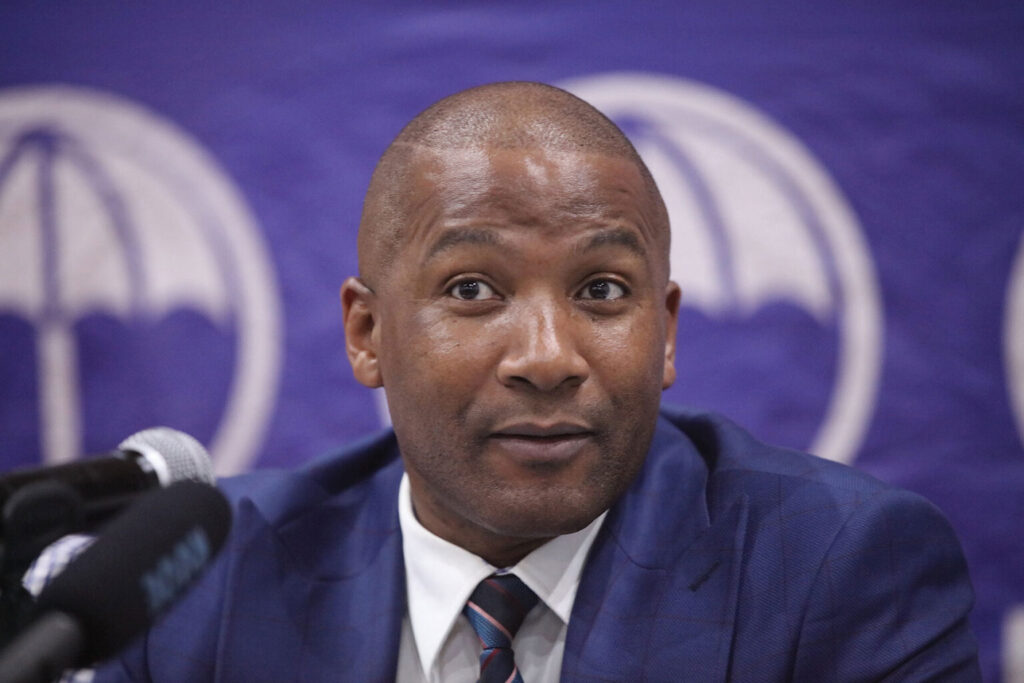Newly inaugurated Botswana President Duma Boko announced plans Friday to legalize thousands of undocumented Zimbabwean immigrants through temporary work and residence permits, marking a dramatic shift in the diamond-rich nation’s immigration policy.

“They do jobs that would otherwise not get done,” Boko, 54, told the BBC Africa Daily podcast before his historic inauguration, which ended 58 years of rule by the previous governing party. The decision targets Botswana’s significant Zimbabwean population, the world’s second-largest community of economic refugees from that country.
Government statistics reveal Zimbabweans constitute 98% of Botswana’s “irregular migrants,” with 13,189 of 13,489 recorded cases between 2021 and 2023 involving Zimbabwean nationals. Daily deportations currently occur across the country as authorities apprehend those without proper documentation.
“What we need to do is to formalize, have a proper arrangement that recognizes that people from Zimbabwe are already here,” Boko said, acknowledging the challenges posed by the porous border between the two countries. He argued that undocumented status limits access to amenities and can drive people toward crime, fostering resentment.
The president’s initiative includes plans to leverage Zimbabwean workers’ skills for national development. “In any and every construction site in Botswana the majority of people with those skills are from Zimbabwe,” he said, proposing a program combining legal work authorization with skills transfer to local citizens.
The policy shift comes despite public opposition to increased Zimbabwean immigration. Last year’s proposal to allow identity cards instead of passports for cross-border travel sparked significant backlash from Botswana citizens.
Boko, a human rights lawyer who founded the Umbrella for Democratic Change party in 2012, frames the immigration reform as part of broader economic revitalization plans. He aims to create 100,000 jobs annually over five years to address Botswana’s 30% unemployment rate, which he describes as “a ticking time bomb” for the nation of 2.4 million.
The president also announced plans to renegotiate agreements with diamond giant De Beers and promote entrepreneurship among young Botswanans. “What they need from government is access to affordable finance and access to markets, and government should facilitate these,” he said.
Zimbabwean migration to Botswana surged following Zimbabwe’s economic collapse and hyperinflation two decades ago. Many immigrants work in domestic service, agriculture, and construction, often providing labor for jobs local citizens avoid.
BBC.COM



